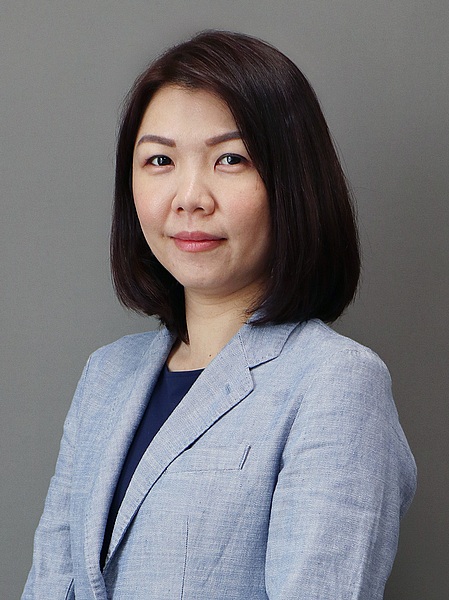17 July 2024
Trends in the Recruitment and Job Placement Market in Indonesia, April-June 2024

Indonesia: Accelerating Investment Attraction from Developed Countries Ahead of Government Transition
Number of job offers YOY:77%
Number of job openings YOY (past 3 years):
| 2021 | 2022 | 2023 | 2024 | ||||||||
| Jul - Sep | Oct - Dec | Jan - Mar | Apr - Jun | Jul - Sep | Oct - Dec | Jan - Mar | Apr - Jun | Jul - Sep | Oct - Dec | Jan - Mar | Apr - Jun |
| 83% | 107% | 138% | 101% | 61% | 129% | 85% | 148% | 64% | 117% | 122% | 85% |
<Market Overview in Indonesia>
Following the results of the presidential election in November 2023, the administration will transition from the current President Joko Widodo to Prabowo Subianto in October 2024. In an effort to accelerate the attraction of foreign investment before this transition, Indonesia is hastening its bid to join the Organisation for Economic Co-operation and Development (OECD). If Indonesia succeeds in becoming a member, it would be the first ASEAN country to do so, which is expected to boost the GDP and improve investment regulations, making the country more attractive to foreign investors.
<Local Hiring Trends among Companies in Indonesia>
The IT, FMCG, logistics, and energy sectors continue to perform well and are strengthening their hiring activities. In contrast, the manufacturing sector shows a mixed approach, with some companies actively recruiting and others holding back. The increase in minimum wages in industrial areas near Jakarta is putting pressure on company management, forcing many businesses to significantly alter their management strategies.
Regarding the production of new products, such as electric vehicles (EVs), factories are often being built in regions with lower minimum wages. New industrial parks operated by local Indonesian companies are also expanding into these areas.
Apart from the currently thriving industries, many companies are expected to carefully assess the situation after the government transition in October 2024 before making further management decisions.
<Job-Seeker Trends in Indonesia>
Following the distribution of religious bonuses in April, Indonesian job seekers have become more active. Most job seekers are junior employees in their late 20s to early 30s, driven by Indonesia's robust economy and seeking better salaries and benefits. While the number of registered managerial candidates in their late 30s and older is high, they are taking a cautious approach, anticipating changes after the government transition in October.
Among Japanese job seekers, the majority are in their late 20s and late 50s. Many are not limiting their job search to Indonesia alone but are exploring opportunities across ASEAN countries and undergoing selection processes for positions in multiple countries simultaneously.

JAC Recruitment Indonesia Director
Olivia Hussy
■JAC Recruitment Indonesia Overview
https://www.jacgroup.com/en/locations/country/indonesia
■JAC Recruitment Indonesia Website
https://www.jac-recruitment.co.id/
【JAC Recruitment Asia: Job Listing Comparison Report (Previous Quarter and YOY)】
| Change from previous period (Jan-Mar) | Year-on-year comparison | |
| Singapore | 85% | 79% |
| Malaysia | 88% | 100% |
| Thailand | 86% | 71% |
| Indonesia | 85% | 77% |
| Vietnam | 92% | 75% |
| Korea | 104% | 81% |
| India | 157% | 138% |
| Japan(*) | 99% | 91% |
*Recruitment Related to Overseas Operations of Japanese Companies
Note: The number of job openings in each Asian country may fluctuate due to deliberate strategies implemented by individual Asian companies (such as focusing on high-paying job openings or specialist positions). Therefore, changes in the number of job openings in each Asian country do not directly reflect the performance of each company.













